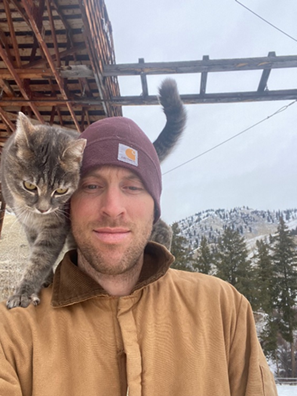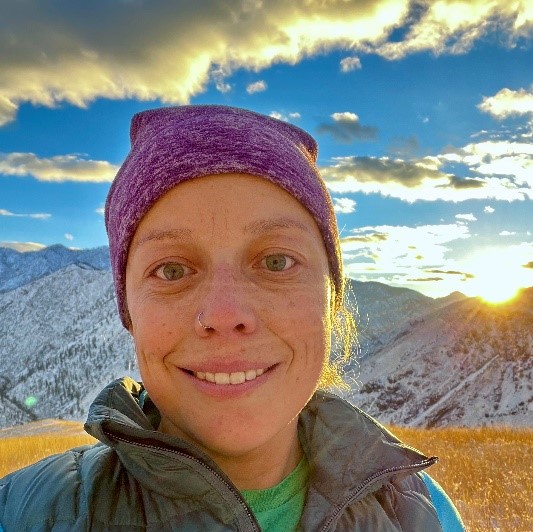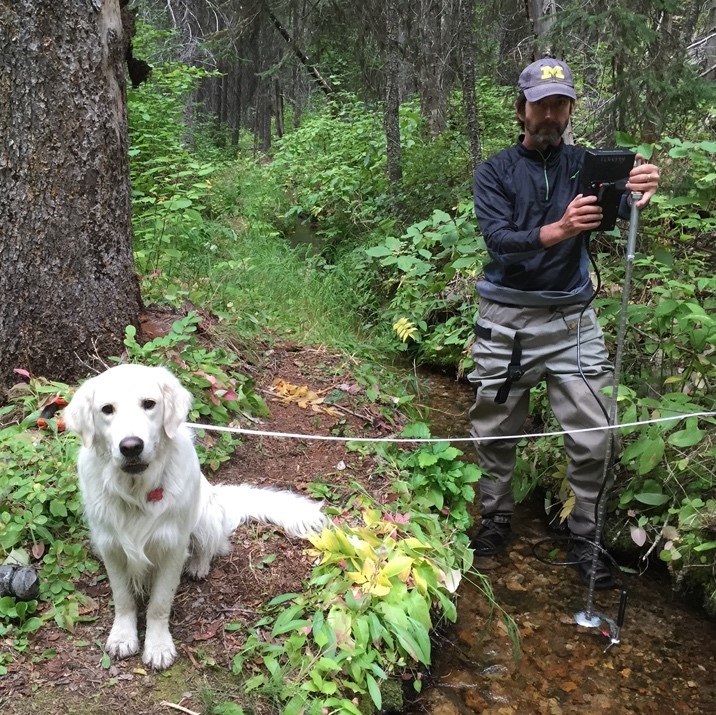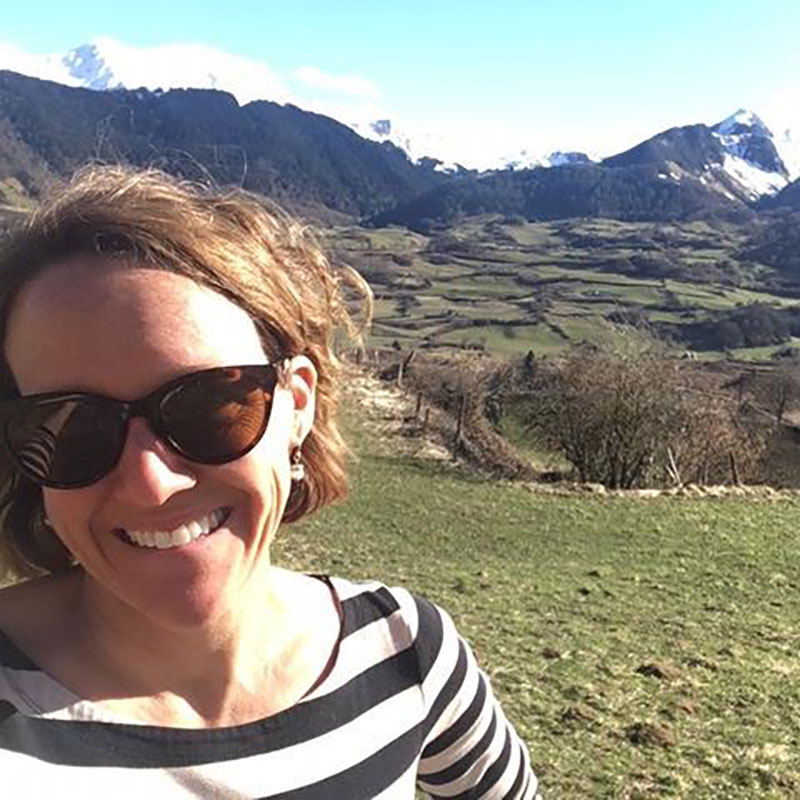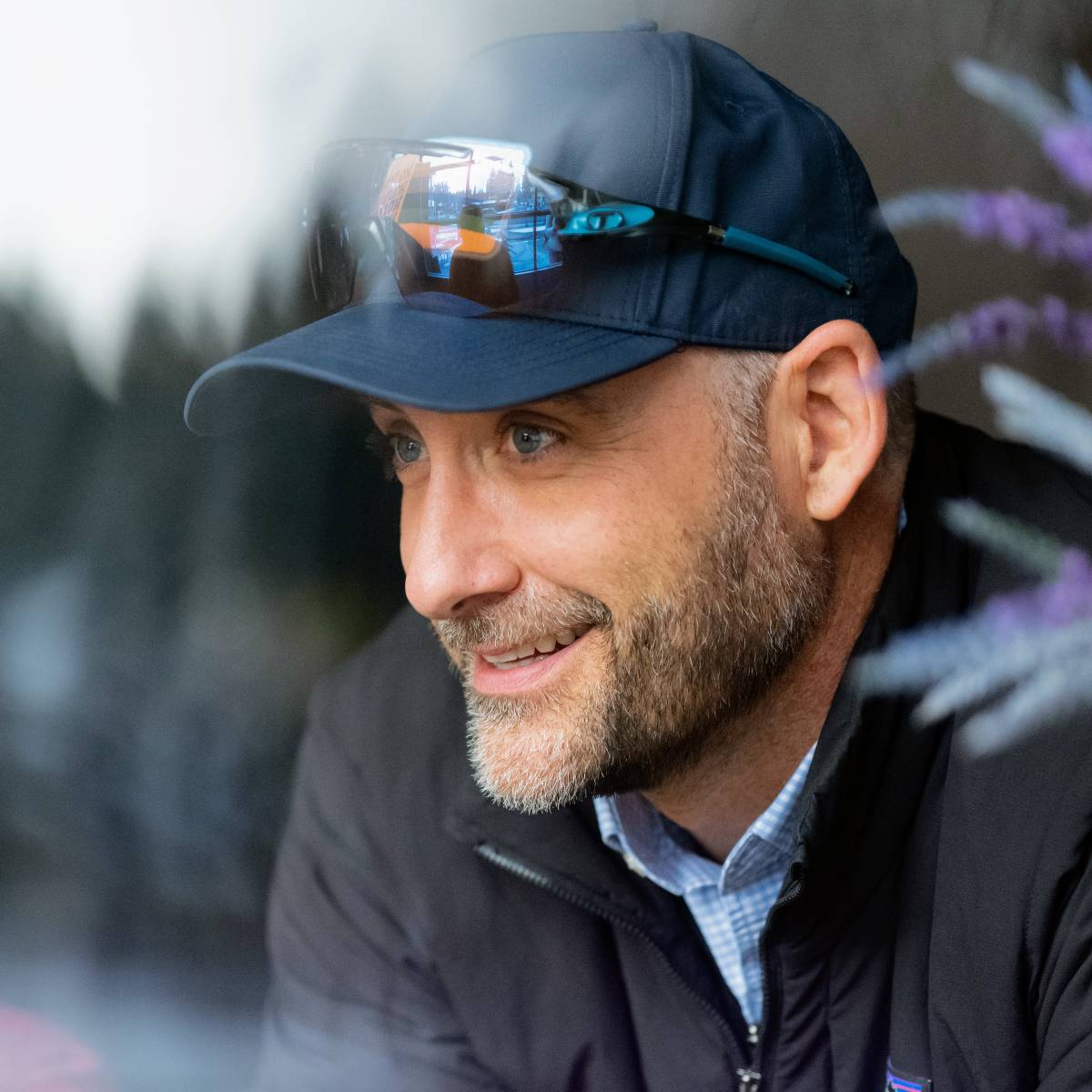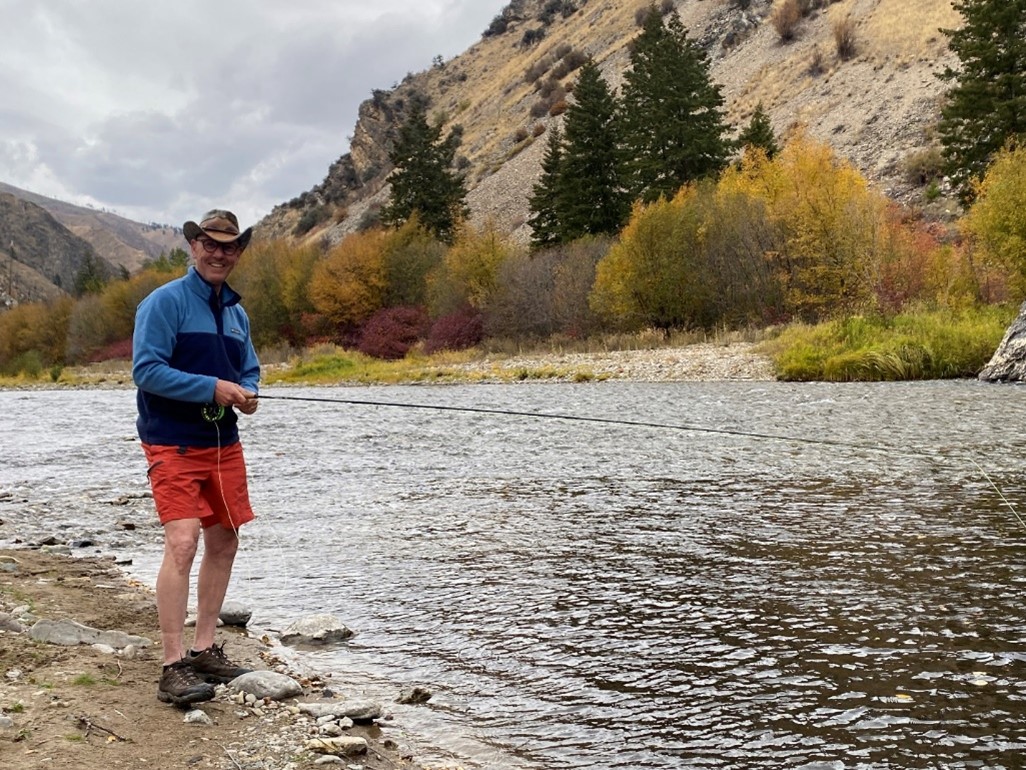Semester In The Wild Faculty
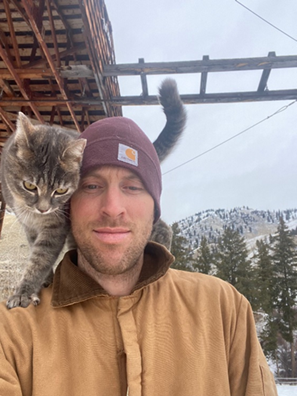
Andrew Armstrong – Superintendent Taylor Wilderness Research Station
Andrew Armstrong lives full time back at Taylor Ranch as station superintendent beginning in 2021. He received a B.S. in Environmental Engineering from Cal Poly San Luis Obispo. Previously, he has worked in renewable power and net zero construction in Idaho and overseas. He received his PhD in Materials Science from Boise State University in 2020. Andrew first visited Taylor Ranch back in 1999, while a youngster working for his family’s trail building and backcountry Airstrip construction company. Andrew supports scientific efforts at Taylor while keeping the facility running and doing related ranch work.
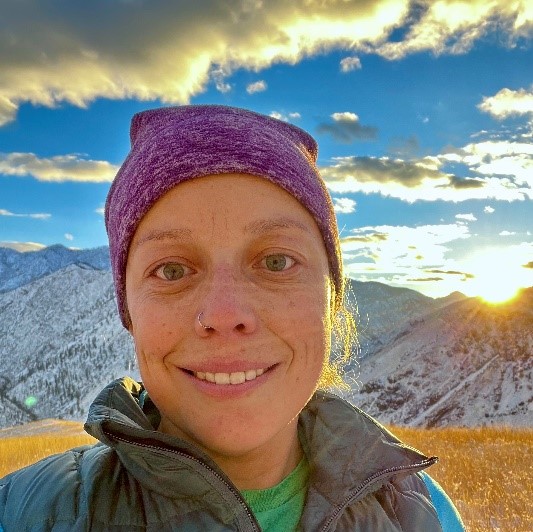
Kerri Clement – Professor of History
Kerri Keller Clement specializes in the history of the American West, in particular, animal, agricultural and environmental history, Critical Indigenous Studies, digital humanities, and National Parks history. Her current book research looks at zoonotic disease and animals in Indigenous and settler borderlands in the Montana and Yellowstone areas in the twentieth century. Kerri also works on energy history and justice projects in Montana. She has worked in outdoor recreation, as well as a 5-12 educator. That work and her own time in the “great outdoors,” has led to a passion for researching and teaching about environmental history and topics in the Rocky Mountain West.
At Semester in the Wild, she teaches Environmental History, which includes topics about the creation and management of American Publics lands over the past several centuries, especially in the American West. Through those topics, students also learn and hone valuable research and writing skills. Students can expect to read primary and secondary sources, write short reflections over those sources and discuss them in class, as well as conducting their own historical research and analysis. The course concentrates on changing ideas about definitions of nature within American history, how the non-human world has affected those changes, and how those changes affect human society and systems like policy, regulations, etc.
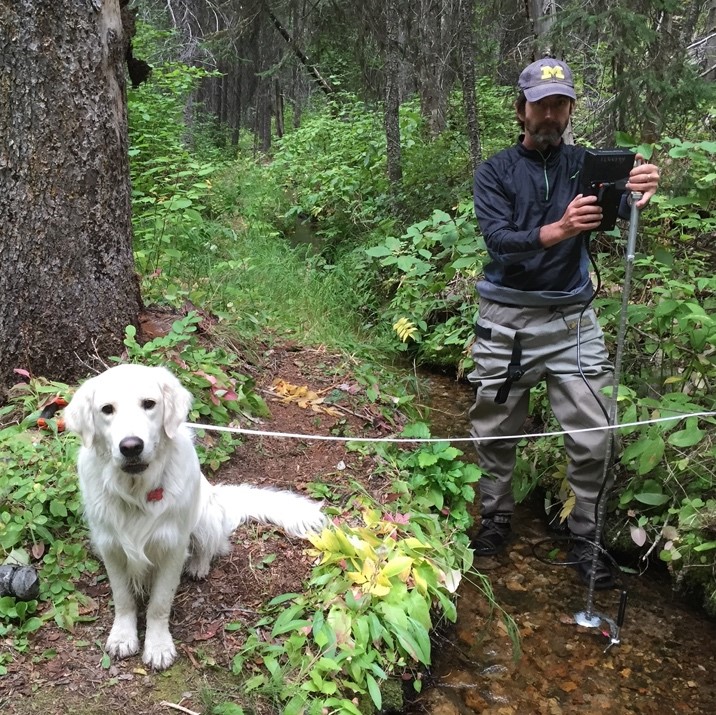
Brian Kennedy – Professor of Fishery Biology and Ecology
I am an aquatic ecologist with interests in rivers, fish populations and the ecological interactions that occur in rivers and riparian communities. I started a faculty position within the Department of Fish and Wildlife Sciences 18 years ago after working for periods of time in the Great Lakes, the rivers of the Green Mountains of Vermont and the aquatic habitats of tropical Papua New Guinea. At the University of Idaho, I am adjunct in the Departments of Biological Sciences and Geological Sciences and involved in the programs of Water Resources, Environmental Sciences and Ecology & Conservation Biology. The first project that graduate students and I started in Idaho in 2005 was based out of Big Creek and Taylor Wilderness Research Station. The rivers and salmon had such an impact on me that we have worked there ever since, studying Chinook salmon populations, building infrastructure at Taylor, and conceiving of the Semester in the Wild program on a drive from McCall in 2010. We got to know the residents that live at the top of the basin where the salmon spawning occurs and joined them with property on the river in 2015 to be able to enjoy the forests, lakes, and wildlife of the Big Creek watershed all year round.
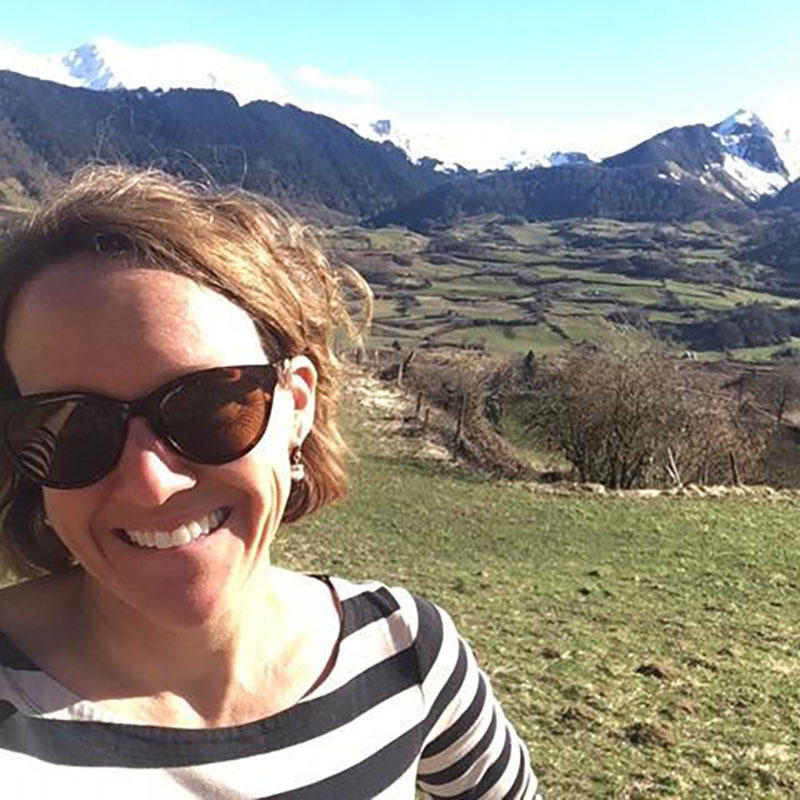
Jennifer Ladino - Professor of English
Jenn Ladino has taught American literature and environmental humanities courses at the University of Idaho since 2010. Happiest when she’s adventuring or traveling (or both), Jenn worked as a National Park Service ranger for thirteen summers, all of them in Grand Teton National Park--the place that initiated her love of the West when she accepted an entrance station job on a romantic whim and found herself transplanted from Virginia to Wyoming at age 20. Jenn has been a Fulbright Lecturer at the University of Bergen, in Norway, and a Visiting Fellow at Bath Spa University, in England. Her two monographs, Memorials Matter: Emotion, Environment, and Public Memory at American Historical Sites (U Nevada P, 2019) and Reclaiming Nostalgia: Longing for Nature in American Literature (U Virginia P, 2012), and her co-edited volume of essays, called Affective Ecocriticism: Emotion, Embodiment, Environment (U Nebraska P, 2018), reflect her interests in memory, landscape, NPS tourism, and emotions about place. Jenn is core faculty in Environmental Science, and she co-directs The Confluence Lab, a research lab that focuses on creative, interdisciplinary approaches to environmental change in rural areas.
At Semester in the Wild, Jenn teaches environmental writing, a course that enriches the experience of living and learning at this beautiful wilderness campus by encouraging multi-sensory observation, exploration, and a regular habit of writing about our experiences. The course recognizes that we write in many different modes—from emails, texts, and Snapchats to longer essays and narratives—and students will get the chance to practice multiple ways of “composing” relationships to place. Like all good writers, we'll read a lot, and students will be treated to some of the best environmental writing from the mid-twentieth century to the present, including nonfiction, fiction, poetry, and expository prose. The main course goal is to equip students with a rich toolbox of writing skills that will help them communicate effectively with a range of audiences and in a range of situations—including in future careers.
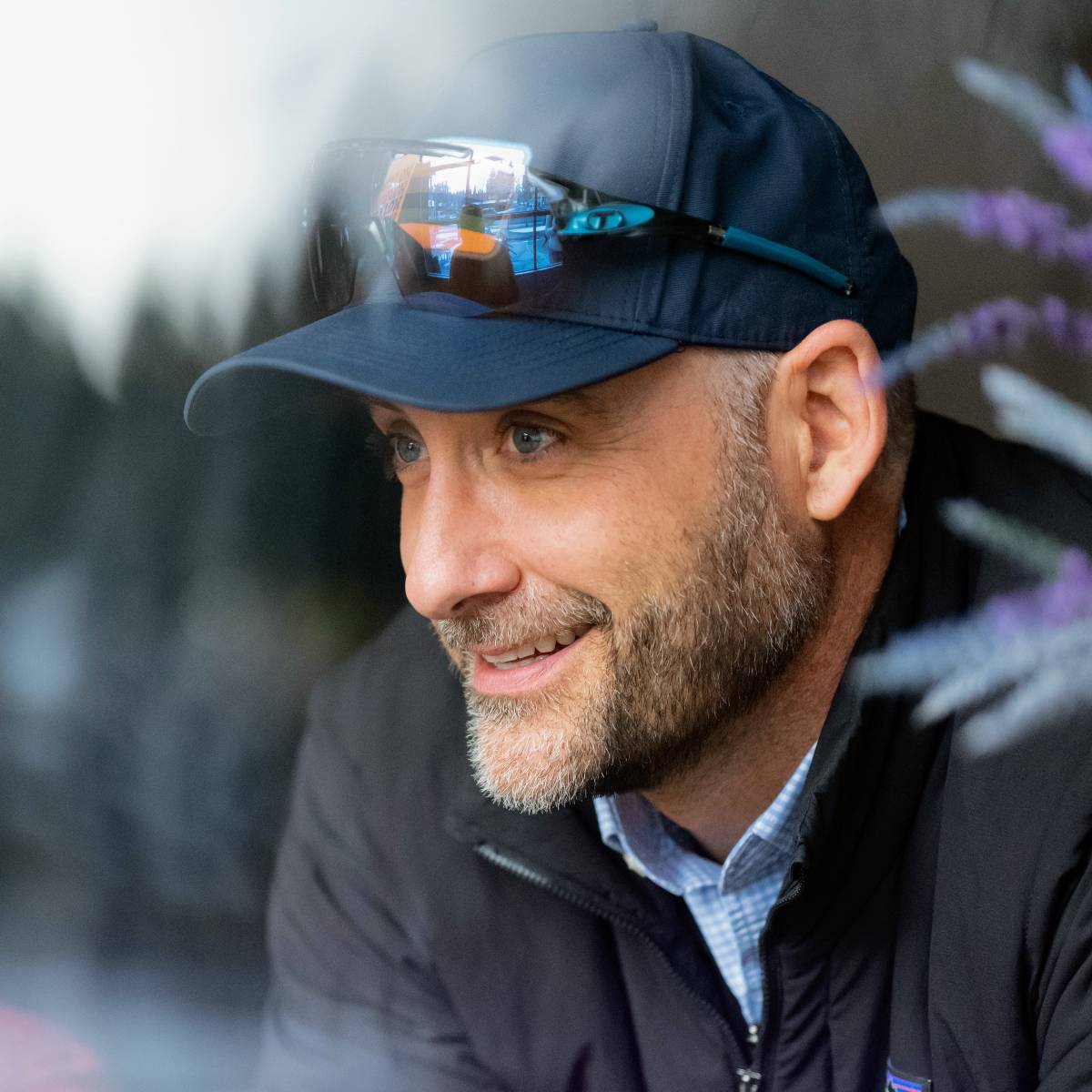
Gary Thompson - Adjunct Instructor, Outdoor Leadership
Everybody leads–is the belief that has propelled Gary through his 25-year career. His key professional experiences include:
- Leading wilderness expeditions in the US, Canada, and Argentina
- Working alongside others to develop the University of Idaho’s McCall Outdoor Science School
- Instructing leadership for National Outdoor Leadership School (NOLS)
- Running a leadership development and collaborative facilitation service–Redfish | Bluefish, Inc.
He also works as a licensed ski guide and avalanche educator for Payette Powder Guides.
At Semester in the Wild he teaches the Outdoor Leadership Expedition. This expedition-based course will explore the practice of leadership, using the wilderness experience as the classroom. Topics include trip planning, small group dynamics, decision-making, communication, and expedition behavior. Examining leadership theory, modeling leadership techniques, written assignments, and backcountry skill development are used to support learning.
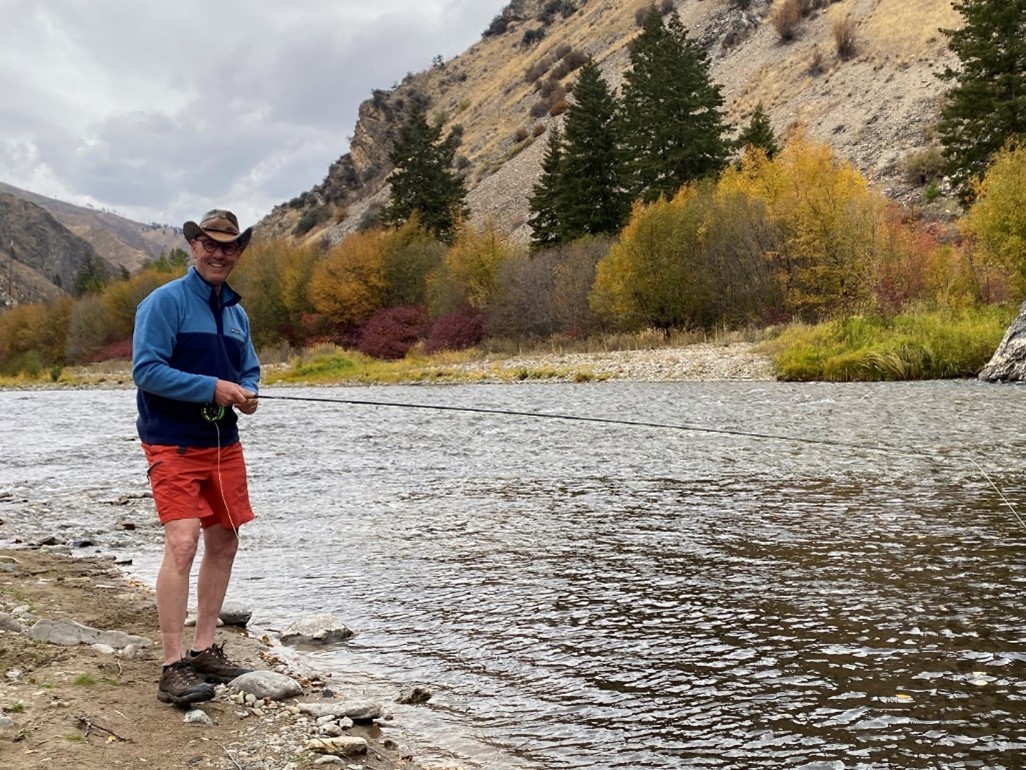
Jaap Vos - Professor of Planning and Natural Resources
Jaap Vos is a professor of planning and natural resources. Born in a small farmhouse and having grown up in a small rural place in the Netherlands, Jaap is really interested in rural places and how to maintain rural places as rural places rather than as places that are waiting to become urban. His research is focused on how rural places can maintain their own unique character in the face of development pressure and increased external pressure. Over the last year or so Jaap has been looking at the impact of demographic change on rural places and the places we use for recreation. His most recent project involves mapping changing landownership patterns throughout Idaho.
Jaap teaches courses about community planning, sustainable communities and rural planning issues. He also teaches a community assessment course and the advanced class of the Northwest Community Development Institute. He is the founding co-chair of APA Idaho’s Ag Chat, a group of planners and other stakeholders from throughout Idaho that meets monthly to discuss emerging planning issues in rural communities.
At Semester in the Wild, he teaches Principles of Sustainability. In this course, we discuss the concept of sustainable development and its promises and pitfalls as a leading concept for planning and policy. The course offers a journey through the literature on sustainable development and tries to give an overview of the different interpretations of sustainability. Thinking about sustainable development while being at Taylor provides an opportunity to think about sustainable development without the normal distractions of life. There is no other class to run too, there are no other places to be, no other things to do. So what does sustainable development really mean? Is it the same as sustainability? How does wilderness fit in?







